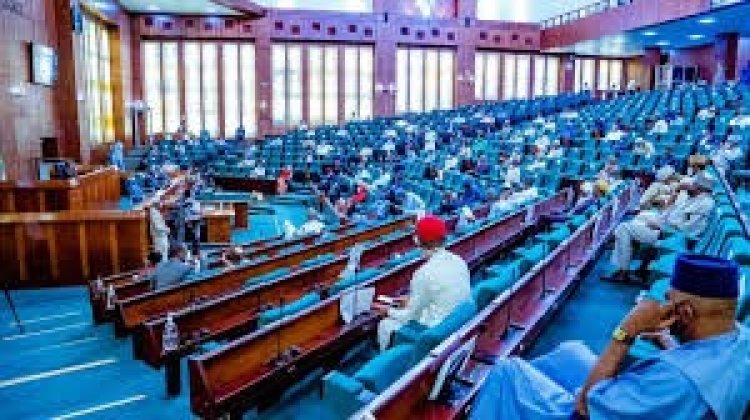Reps Urge FG to Revisit Suspended School Feeding Programme
The House of Representatives has called on the Federal Government to reevaluate the National Home-Grown School Feeding Programme (NHGSFP), which was previously suspended due to controversies. The cancellation of the program has raised concerns about an increase in out-of-school children, posing risks to the country’s future and contributing to higher rates of crime, insecurity, and unemployment.

The House of Representatives has called on the Federal Government to reevaluate the school feeding programme which was previously suspended due to controversies.
The program, initially launched as a pilot initiative in 2004, aimed to provide nutritious midday meals to public primary school pupils across 12 states. In 2016, it was relaunched to target all public primary schools in the country. However, on January 12, 2024, President Bola Tinubu suspended all programs administered by the National Social Investment Programme Agency (NSIPA), including the NHGSFP. The other affected programs are the N-Power Programme, Conditional Cash Transfer Programme, and Government Enterprise and Empowerment Programme.
RECOMMENDED: UNIUYO Graduate Pentecost Uwafia Attains First Class Honors with Exceptional CGPA
Following a motion titled “Urgent Call to Revisit School Feeding Policy,” the House of Representatives instructed its Committees on Special Duties and Finance to engage the Ministers of Special Duties and Inter-Governmental Affairs, Education, and Finance. Their task is to propose solutions for the future success of the NHGSFP.
Mr. Muktar Zakari, the representative for Tarauni Federal Constituency in Kano State, emphasized the program’s underlying philosophy: encouraging enrollment in public primary schools, addressing childhood hunger, and enhancing students’ ability to concentrate and learn. He expressed concern about the suspension’s impact, including reduced school attendance, compromised child health, and disruption of smallholder farmers’ income.
SEE ALSO: Meet Dr. Olaoluwa Oluwadara, Nigeria's Youngest PhD Holder Who Earned His Degree in Mathematics
While acknowledging the need to address program challenges, Zakari cautioned against a complete suspension, highlighting the potential harm it could cause. He stressed the importance of finding alternative solutions or improving the NHGSFP’s implementation to ensure Nigerian children continue benefiting from this vital initiative.
The cancellation of the program has raised concerns about an increase in out-of-school children, posing risks to the country’s future and contributing to higher rates of crime, insecurity, and unemployment.
Source: House of Representatives, Abuja

 c.Blessing
c.Blessing 



